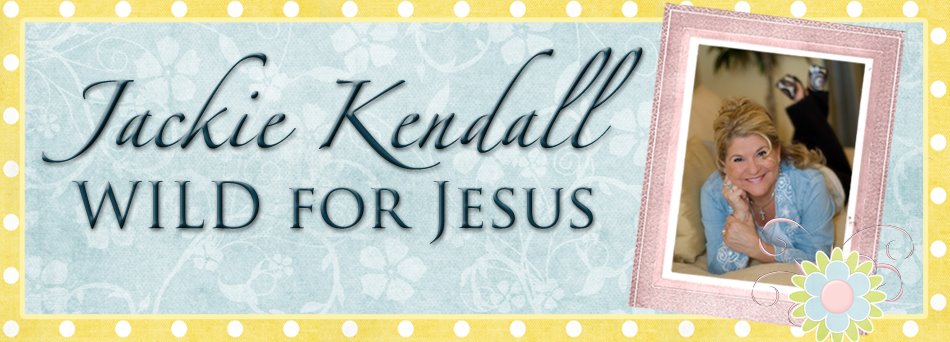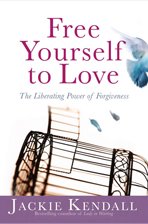Why do I have pity for this famous writer? In the last Hope Alert I wrote about a “father’s wound.” This will address a most heinous “mother wound” that happened to Ernest Hemingway.
One of the most tragic revenge scenarios I have ever heard of concerned the author Ernest Hemingway. His mother was so furious that he did not go to college she not only threw him out of the house, but on his twenty-first birthday, she sent him a package. In the package was the gun that his father had used to commit suicide. The mother wrote these words: “I thought you’d want this.”
How could a mother be that hateful to her child? Anger and revenge are so blinding that they can change a person into an emotional monster. Hemingway later committed suicide, as did two of his siblings, Ursula and Leicester.6
You don’t need to hire a professional hit man to hurt another human being for an offense. All humans have creative ways to expedite revenge. If you’re looking to make a person squirm, one of the easiest ways is by not accepting their remorse or apology. I have met hundreds who refuse to accept a person’s apology. These unforgiving people continue to nurse the hurt and grudge, which maintains the emotional gap between offender and offended. I know relatives who have not spoken in years. Such prolonged silence is creative revenge.
In our flesh, we hesitate to lay down our weapon of revenge because of the injustice of it all. The situation seems unjust only because we are not trusting God to enact judgment against the offender. We may think that God is too busy to avenge our offenses or He isn’t moving fast enough for our taste.
I doubt that anyone reading this Hope Alert—would ever do anything as hateful as Ernest Hemingway’s mother did on his 21st birthday. But, when I choose to not forgive a family member or a friend or even an acquaintance…my behavior is as stunning as Mrs. Hemingway. Does that remark seem ludicrous? You and I have been freely forgiven through the precious blood of Jesus and our unforgiving behavior—is an insult to the grace of God in Jesus (Eph. 4:32).
(Excerpt from Free Yourself to Love: The Liberating Power of Forgiveness)



















